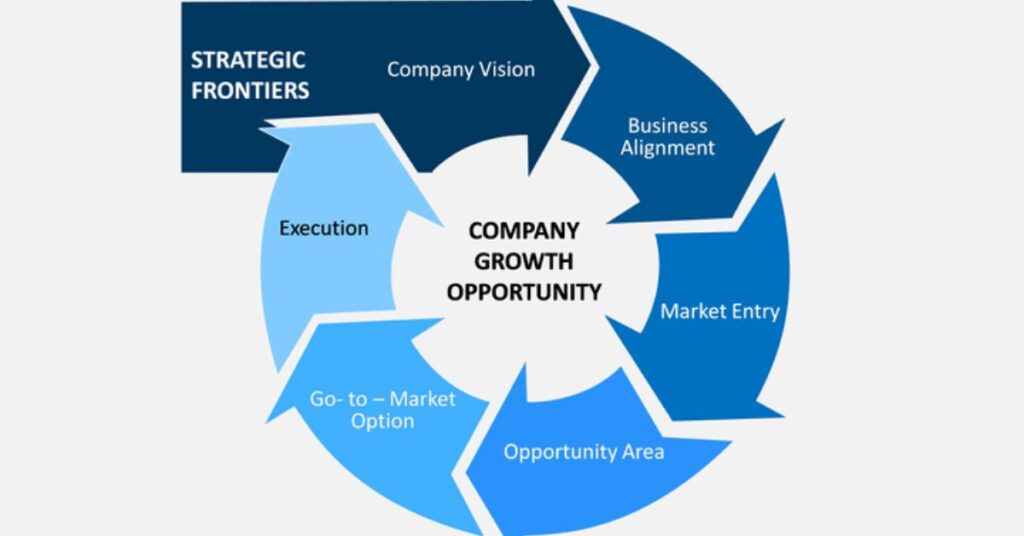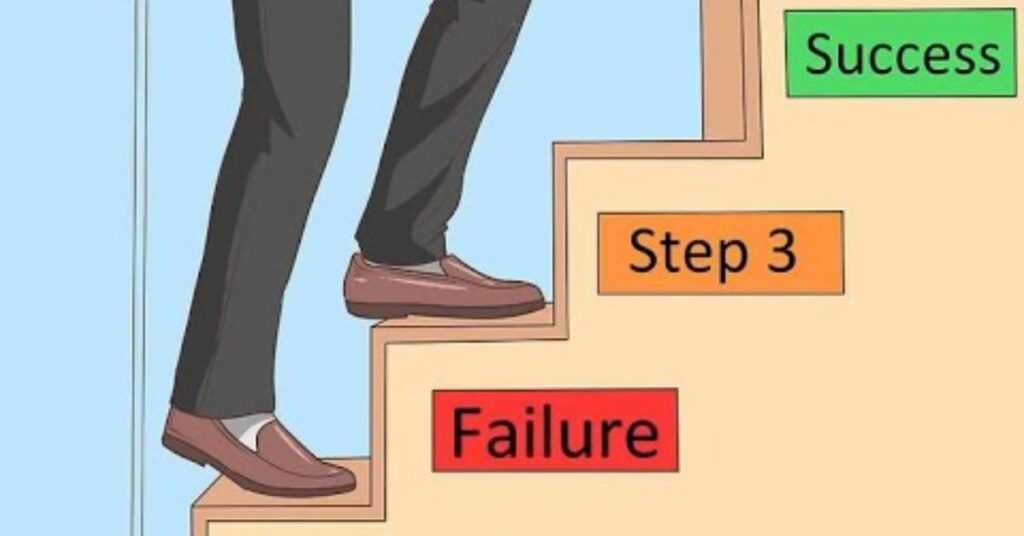Failure is often seen as a setback, but in reality, it is the cornerstone of success. It teaches valuable lessons, builds resilience, and forces us to grow in ways success alone never could. Embracing failure is the first step toward achieving real, lasting accomplishments.
Have you ever noticed that the world’s most successful people have failed countless times before reaching their goals? From inventors to entrepreneurs, their stories prove that failure isn’t the end, it’s a powerful stepping stone. What if failure was exactly what you needed to succeed?
Failure forces us to reflect, innovate, and improve. It sharpens our skills, strengthens our mindset, and often uncovers paths we never considered. When viewed as a teacher rather than an obstacle, failure transforms into an invaluable tool for achieving success.
What Does Failure Teach Us About Success?
Failure teaches us many important lessons in life. It shows us what works and what does not. Each mistake gives us a chance to learn and improve. When we fail, we gain experience that helps us make better choices in the future.
Failing also helps us grow stronger. It builds resilience and courage to try again. Every time we face failure, we become more determined to succeed. These moments shape our character and teach us patience.
Success does not come without challenges. Failure is a stepping stone that helps us move closer to our goals. It reminds us to keep working hard and never give up.
The Role of Resilience in Turning Failure Into Success

Resilience helps people bounce back from failure. It is the ability to stay strong and keep trying, even after facing setbacks. When someone fails, resilience pushes them to learn from mistakes instead of giving up. This mindset makes them grow stronger and smarter.
Resilient people see failure as a lesson. They believe every mistake is a chance to improve. This attitude turns problems into new opportunities. It also builds confidence over time.
Developing resilience takes practice. Setting small goals and staying positive are helpful steps. Overcoming failure becomes easier with each effort. Resilience is a skill that leads to growth and success, even in tough times.
You must read this Blog: Master the Art of Communication: 7 Secrets Every Leader Should Know
Famous Examples: How Failure Paved the Way for Achievements
Many famous people failed before they became successful. For example, Thomas Edison failed thousands of times before inventing the light bulb. Each failure taught him what would not work, leading to his great invention.
J.K. Rowling, the author of Harry Potter, faced many rejections from publishers. She did not give up, and her books are now loved worldwide. Her story shows that persistence can turn failure into success.
Walt Disney was once told he lacked creativity. Despite this, he kept working on his ideas and created Disney, a name known everywhere. These examples prove that failure is not the end. It is often the start of something great.
Why Fear of Failure Holds You Back
Fear of failure can stop you from trying new things. It makes you doubt your abilities and feel scared of making mistakes. This fear often comes from worrying about what others might think or feeling like you are not good enough
- Fear of failure can prevent you from taking risks and trying new things.
- It creates self-doubt and undermines your confidence.
- The fear of making mistakes often leads to procrastination and inaction.
- It causes you to focus on the possible negative outcomes instead of opportunities for growth.
- Fear of failure can limit your potential by keeping you in your comfort zone.
- It may make you avoid challenges, preventing learning and development.
- The fear of judgment from others can make you afraid to fail publicly.
- It can lead to a fixed mindset, where you believe failure defines your ability rather than being a part of the learning process.
Steps to Embrace Failure and Learn From It
Failure is a part of life, and it helps us grow. The first step to embracing failure is to accept it. Do not feel ashamed or upset. Understand that failing is normal and happens to everyone.
Next, look at what went wrong. Think about the mistakes and learn from them. Write down what you can do better next time. This will help you improve and avoid the same errors.
Finally, stay positive and keep trying. Believe in yourself and your ability to do better. Every failure is a chance to grow stronger. With practice and patience, you can turn failure into success.
Transforming Setbacks Into Opportunities for Growth

Transforming setbacks into opportunities for growth is a powerful skill to develop. When faced with challenges, it’s important to stay positive and keep trying. Every setback teaches us something valuable, whether it’s a new skill or a better approach. Instead of giving up, use these experiences to improve.
By looking at failures as learning moments, we can grow stronger. It’s not about avoiding mistakes but understanding them. Setbacks help us discover our strengths and weaknesses. With each challenge, we build resilience and confidence. Remember, growth comes from facing difficulties and using them as stepping stones to success. Keep moving forward and embrace the lessons each setback brings.
FAQ’s
Why is failure important for success?
Failure provides valuable lessons that help us grow, improve, and approach future challenges with better strategies. It builds resilience and teaches us not to fear mistakes but to learn from them.
Can failure really lead to success?
Yes, many successful people have faced failures before achieving their goals. Failure helps them understand what doesn’t work, which guides them toward what does.
How can I handle failure without getting discouraged?
Viewing failure as an opportunity to learn is key. Instead of focusing on disappointment, reflect on what went wrong and use it to fuel your next attempt.
What’s the difference between failure and giving up?
Failure is a setback you learn from, while giving up means quitting without trying again. Failure is part of the process, but giving up stops progress.
How do I turn failure into an opportunity for growth?
By embracing the lessons that failure teaches, adjusting your approach, and staying committed to improvement, you turn setbacks into stepping stones toward success.
Conclusion
Failure is an essential part of the path to success. It teaches valuable lessons that help us grow and improve, often showing us what doesn’t work and why. Instead of seeing failure as a setback, we should view it as an opportunity to learn and evolve. Every mistake provides a chance to adjust our approach, build resilience, and refine our strategies. Embracing failure allows us to strengthen our skills and deepen our understanding of what it takes to achieve our goals.
The key to real success lies in how we respond to failure. Successful people don’t let failure define them or stop their progress. They use it as a stepping stone, learning from their mistakes and applying those lessons to future efforts. By accepting failure and focusing on the lessons it brings, we can turn setbacks into valuable growth opportunities. This mindset shift is crucial for achieving long-term success and personal development.







